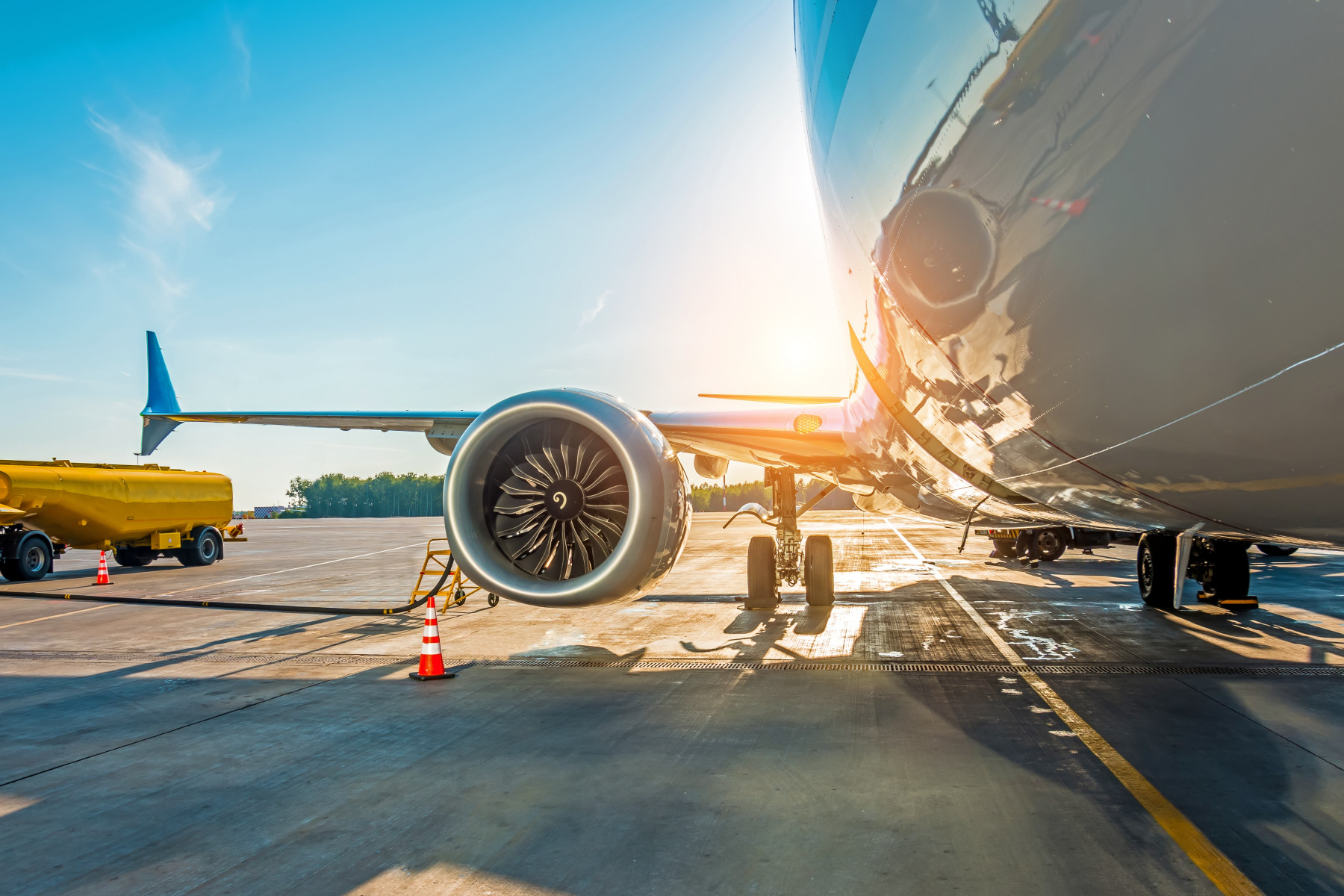
CO2 reduction in aviation industry
In a way Kapp contributed to a carbon emission reduction within the aviation industry. We’ll explain. We delivered some heat exchangers to a bio-refinery which converts household garbage into a clean transportation fuel, mainly used in planes.
The process
Waste diverted from the landfill is delivered to our customers facility and is processed through a conventional waste processing system, which reduces the size of the material, removes in-organic and other waste not suitable for the fuels-process and recovers recyclable materials such as metals and plastic. What’s left is an engineered feedstock ready to be converted into fuel. At the bio-refinery the feedstock enters the gasification system and with the use of steam, heat and pressure the waste is converted into a syn-gas (consisting of molecules of carbon monoxide, hydrogen and carbon dioxide). With the Fishers-Tropsch Technology the gas is than converted into liquid fuel. During this stage the syn-gas reacts with a catalyst to form a clean syn crude, which is than further refined into a final transportation fuel.
Lean Rich Amine Interchanger
Carbon dioxide will be removed out of the syngas via an amine system. The Kelvion NT250M Plate & Frame Heat Exchanger will function as a Lean Rich Amine Interchanger, which is an 100% heat recuperation step. On one side of the interchanger the rich amine, loaded with CO2 , is preheated before it goes into the stripper. On the other side the warm lean amine is cooled and goes via a lean cooler back into the scrubber where it will absorb again CO2 .
Optimisation of the process
Kapp proposed a couple of changes in the amine process, which resulted in an energy-optimisation. Among other things, it resulted in a significant smaller lean cooler. The lean cooler in this case is an airfin heat exchanger. By optimizing the temperature program in the lean rich interchanger the CAPEX and OPEX, in terms of electricity consumption for the fans, were reduced.
Some facts about this clean transportation fuel:
- 15.000 tons household garbage each day converted into fuel at this specific facility
- Carbon content less than 20% of fossil fuels
- Produced at lower cost
Innovation fits Zeitgeist
In the last few years Kapp noticed an enormous growth and variety in CO2-reducing, -saving and -capturing projects. Many new innovations are being proposed, all on the subject of this matter. Whether any of them could work at the scale needed, depends on three things: feasibility, cost and acceptability. Kapp takes these three factors into account in every new challenge. We’re pleased to see a growing number of projects set sail and succeed.